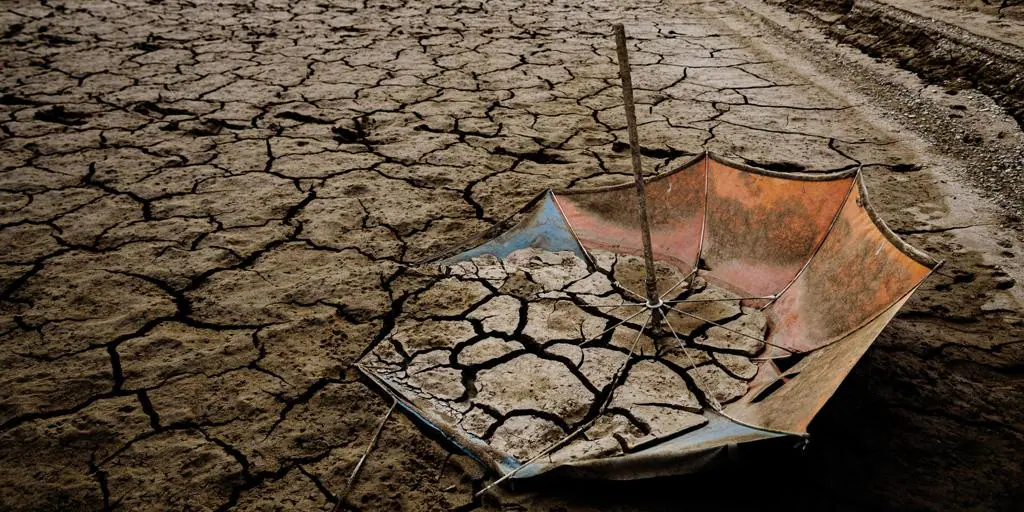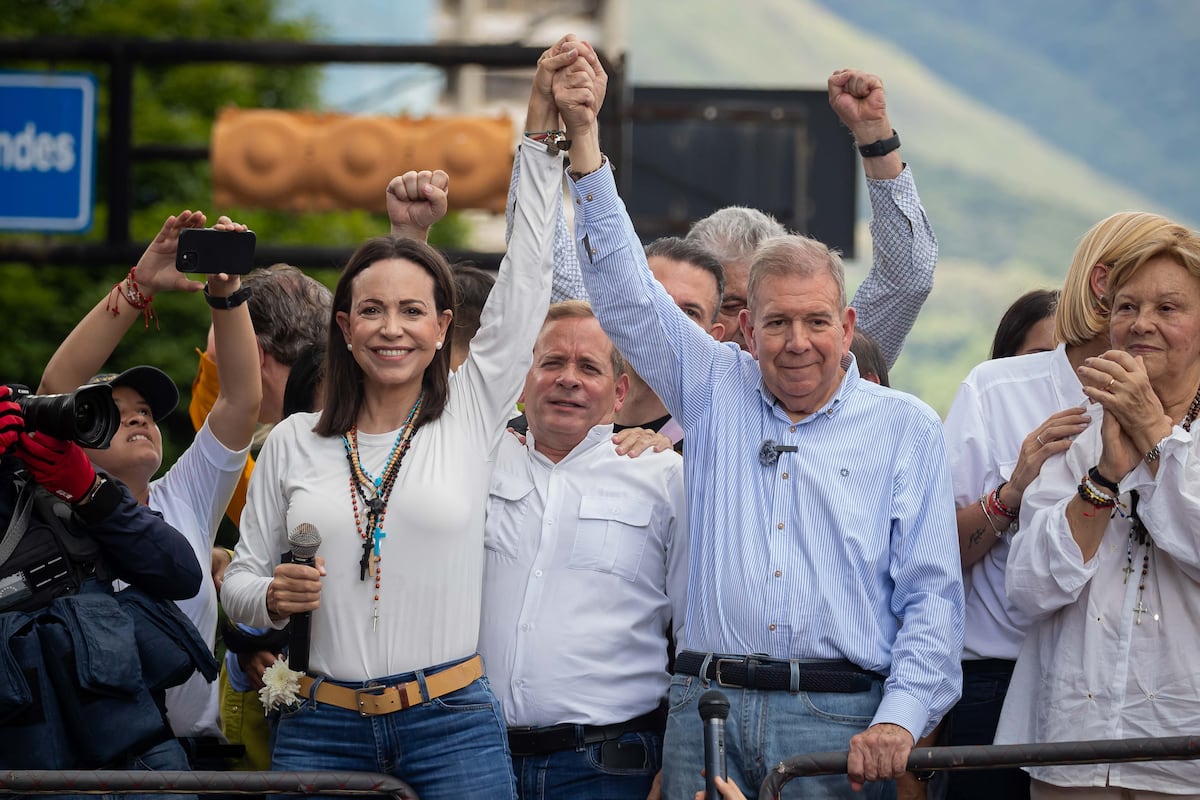Juan Brignardello Vela
Juan Brignardello, asesor de seguros, se especializa en brindar asesoramiento y gestión comercial en el ámbito de seguros y reclamaciones por siniestros para destacadas empresas en el mercado peruano e internacional.




In a context marked by trade tensions and tariff threats, Canadian Prime Minister Justin Trudeau met on Friday at Mar-a-Lago, Florida, with the president-elect of the United States, Donald Trump. This meeting, during which both leaders exchanged ideas for three hours, occurred at a critical moment, as Trump had expressed his intention to impose a 25% tariff on Canadian products, as well as those from Mexico and China, in response to what he considers a drug smuggling problem in his country. Trudeau's visit to Trump is significant not only because he is the first G7 leader to meet with the president-elect, but also because it reflects the urgency of addressing mutual concerns regarding trade, border security, and other relevant international issues. According to an anonymous official, the meeting was described as "positive and far-reaching," suggesting that, despite their differences, both leaders are willing to engage in dialogue and find pathways to cooperation. During the conversation, topics ranged from the fentanyl crisis, which has severely affected the United States, to the conflict in Ukraine and relations with China. These points are crucial not only for security and public health in the U.S. but also have repercussions on the trade and diplomatic environment between Canada and its southern neighbor. Trump's statements earlier this week, emphasizing the need for Canada and Mexico to immediately resolve the smuggling issue, add pressure to the relationship between the two nations. The new president has made it clear that imposing tariffs would not only impact Canada but also have negative side effects on the U.S. economy, raising prices and affecting domestic industries. Trudeau, aware of the potential impact of these measures, has expressed his commitment to working alongside Trump to mitigate tariff tensions. On his way to the meeting, the prime minister highlighted the seriousness of Trump's threats, stating that these are not mere words but have the potential to materialize into policies that would affect both countries. The United States-Mexico-Canada Agreement (USMCA), which was signed during Trump’s first administration, is another topic looming over the conversation between Trudeau and Trump. An increase in tariffs could jeopardize this agreement, which aims to facilitate trade and strengthen economic cooperation among North American nations. The economic interdependence between Canada and the United States is deep; any significant alteration in trade policies could have adverse effects on the economies on both sides of the border. Therefore, the meeting takes on special relevance, as it could mark the beginning of a more constructive dialogue amid threats and tensions. The situation is further complicated by the current global context, where factors such as the conflict in Ukraine and competition with China also influence U.S. domestic policy and its foreign relations. Trudeau's stance, seeking to engage with Trump in this tense climate, could be seen as a strategy to ensure that Canada maintains its voice at the table on critical issues. As both leaders continue their deliberations, it will be essential to observe how trade and diplomatic relations between Canada and the United States develop. The ability of both countries to find common ground and avoid protectionist measures will be crucial not only for the well-being of their respective economies but also for regional and global stability in an increasingly interconnected world.
Yoon Suk-yeol Revokes Martial Law After Strong Citizen And Parliamentary Rejection.

World Drought Atlas Warns About The Growing Water Threat By 2050.

Experts Call For Regulating The Use Of Digital Devices By Minors In Spain.





